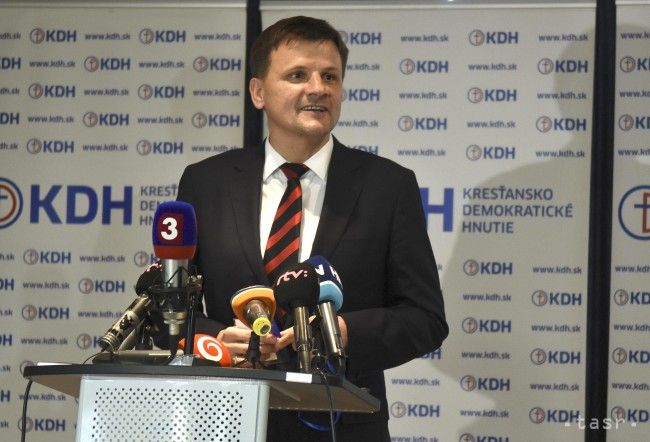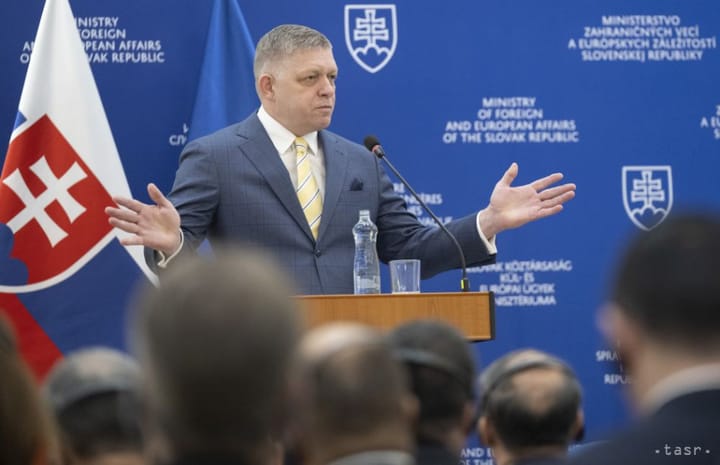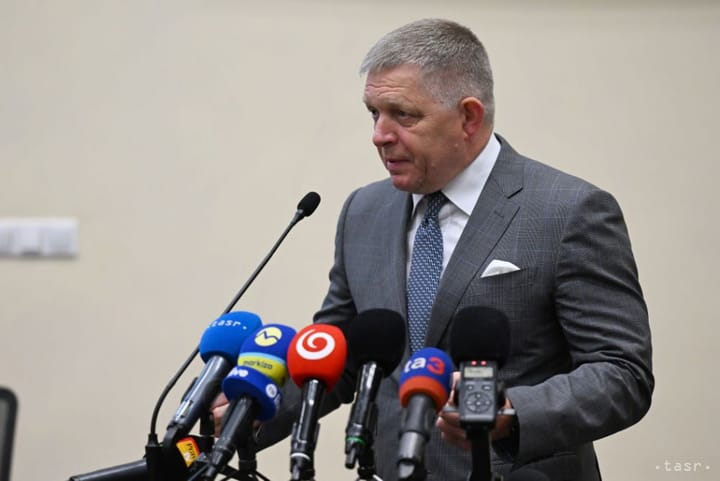Hlina: KDH Does Not Have Unambiguous Position on EU's Future for Now

Bratislava, April 7 (TASR) – The Christian Democratic Movement (KDH) currently does not have an unambiguous position on the European Union’s (EU) future, said KDH chairman Alojz Hlina on Friday while answering TASR’s question concerning the future of the EU.
“We are leaning towards scenarios number three and four. Scenario number three is a dual or multi-speed Europe, i.e. who wants more, can do more. The fourth scenario says ‘less integration, but more effective’. This visually seems to be supported chiefly by the Opposition,” said Hlina.
Hlina was alluding to the five scenarios for how the EU could evolve by 2025, detailed in the so-called White Paper recently presented by European Commission President Jean-Claude Juncker. “We, Christian Democrats, are ready to discuss it. KDH’s position is somewhere on the intersection of these two options,” said Hlina.
The KDH leader stressed the need to stop talking about issues like curved bananas. People should rather be interested in the things that are essential in the EU, said Hlina. He expressed his concern that “we might end up in a shallow debate like let’s exit and then we’ll see”.
MEP and KDH Presidium member Ivan Stefanec confirmed that the movement welcomes a debate on the future of the EU. “We are ready not only to discuss this issue, but also to collect all initiatives from citizens,” he said.
Stefanec expressed his support for the principle of subsidiarity, i.e. for power being as close to citizens as possible. “We want European cooperation to be based on this principle also in the future,” he added.
KDH thinks that moral-ethical issues should be decided at the national level on the basis of subsidiarity, as well as family, tax, social and cultural issues. Christian Democrats don’t see scope for greater integration in these areas.
“On the other hand, we should be stronger in what unites us,” assumes the MEP, naming digitalisation, energy and security issues as examples.



